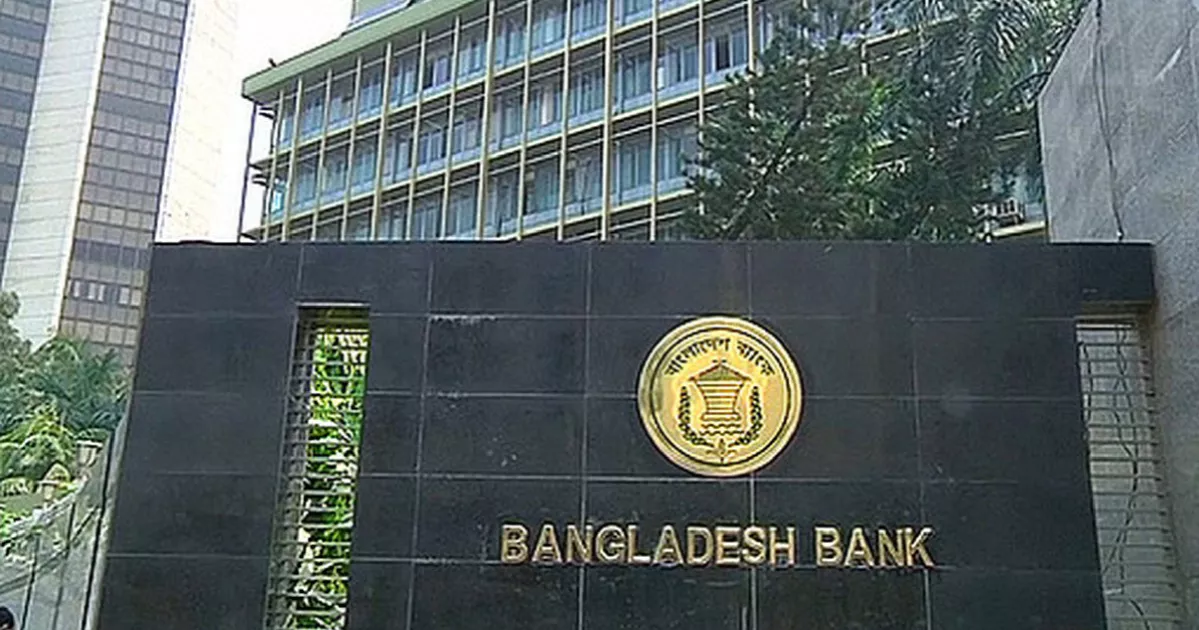In a bid to strengthen foreign currency reserves, Bangladesh Bank has empowered local banks to offer expanded financial services through their Offshore Banking Units (OBUs).
The move aims to attract more non-resident deposits and facilitate smoother international transactions.
Under the new guidelines issued Wednesday, OBUs can now provide comprehensive trade services including advising on international trade deals, processing documentary collections, and handling settlement operations for their non-resident clients.
The central bank expects this enhanced scope to help banks generate additional foreign exchange earnings through service fees.
To streamline cross-border money transfers, OBUs have been authorized to receive inward remittances through multiple channels – including licensed money transfer operators, digital payment platforms, and international card networks.
The circular specifically allows OBUs to establish direct foreign currency arrangements with global payment service providers.
The regulatory update comes with strict compliance requirements. Banks must verify the legitimacy of all OBU transactions and are barred from extending credit facilities to non-resident account holders.
All incoming funds must be settled through Bangladesh Bank’s real-time gross settlement system to ensure proper tracking and liquidity management.
Financial analysts suggest the reforms could particularly benefit expatriate Bangladeshis and foreign businesses engaged in trade with Bangladesh.
By offering more sophisticated banking services through formal channels, authorities hope to reduce reliance on informal money transfer systems.
Commercial banks are now preparing to implement the expanded OBU services, with Bangladesh Bank set to monitor compliance.


